 Several studies have shown that no matter how healthy you are, if you have poor oral health, you are at a higher risk for cardiovascular disease, heart attack, and stroke. The risk is even higher if you are dealing with other health problems! Dr. Ray Ribitch is a Mt. Pleasant, MI dentist focused on patients’ total health, not just their teeth, and wants to help you protect your heart through good oral hygiene.
Several studies have shown that no matter how healthy you are, if you have poor oral health, you are at a higher risk for cardiovascular disease, heart attack, and stroke. The risk is even higher if you are dealing with other health problems! Dr. Ray Ribitch is a Mt. Pleasant, MI dentist focused on patients’ total health, not just their teeth, and wants to help you protect your heart through good oral hygiene.
How Does Poor Oral Health Affect My Health?
Periodontal disease, also called periodontitis or gum disease, is the disease of the gum tissues that surround the teeth and the jawbone that anchors the teeth in place. It starts with bacteria in the mouth, and, if untreated, it can end with tooth loss and cardiovascular problems.
The main cause of periodontal disease is bacteria in plaque that is left untreated. The bacteria in our mouths bond with mucus and other particles to form plaque on teeth. The plaque that isn’t removed by brushing and flossing hardens and forms tartar.
To get rid of the bacteria, our immune systems release defense cells that cause areas around the teeth to become inflamed. As our gums swell, they pull away from the teeth creating little pockets that allow more bacteria to settle in.
Research indicates that a link exists between heart problems such as endocarditis and poor oral health. Endocarditis is when an infection from one part of your body — like an infected tooth, for example — spreads to the lining of your heart through your bloodstream, weakening the heart muscles. There are also studies that show that the risk of clogged arteries, heart disease and strokes increases with exposure to the bacteria from oral health issues. A link has also been uncovered between poor oral health in expectant mothers and the premature births of their children.
How to Prevent Oral Health Problems At Home
- Brush your teeth twice a day with an American Dental Association (ADA)-approved toothpaste and toothbrush. Make sure both the toothpaste and toothbrush are ADA approved so you don’t do any damage to your teeth. Brushing your teeth prevents buildup of oral bacteria and hardening of plaque.
- Floss every day to remove plaque from between teeth and beneath the gum line. This actually disrupts bacterial colonies, preventing them from building up and damaging the teeth.
- Rinsing after eating is also an important part of oral health. Rinsing your mouth with water between meals can help protect your teeth against build-ups. Adding a mouthwash to your daily routine will help protect against gum disease by killing bacteria and reducing gingivitis.
Prevent Heart Disease with Good Oral Hygiene
The good news is that gum disease and many other oral health problems are easily prevented and reversible if caught early. Regular appointments with our team at Mid Michigan Smiles, plus a great at-home oral hygiene routine, will protect your teeth, your heart, and your body for years to come. Schedule an appointment online today or call us at 989.200.3896.
